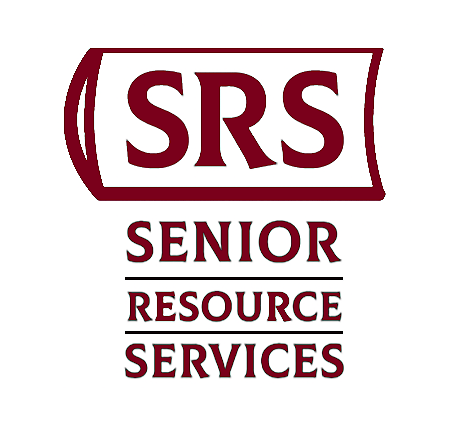One of the food programs available to lower income seniors and disabled people in Santa Clara County is Free Food, sponsored by Second Harvest Food Bank.
Two mornings a month, a team of volunteers brings a truckload of fresh food out to local sites for eligible individuals to help stretch their budgets and make sure they have healthy food. Sample Free Food Items: chicken, eggs, fresh produce, cereal, rice and other staple items.
Free Food participants also benefit from workshops and activities that focus on healthy eating, nutritious recipes, and food safety. Newsletters and other educational materials, provided in multiple languages for our diverse population, address health issues and other information relevant to seniors.
If you are unable to pick up your food, a friend or relative can pick it up for you.
We are fortunate to have a local site very near The Villages at the Evergreen Community Center on the first and third Mondays of the month from 7:30 a.m. to 9:30 a.m.
Eligibility: Low-income seniors age 60 and above and disabled individuals age 55 and above who meet the income guidelines set by USDA and EFAP.
Second Harvest Food Bank Income Guidelines
1 Person: Annual Household Income $37,373; Monthly Household Income $3,114.
2 People: Annual Household Income $50,353; Monthly Household Income $4,196.
3 People: Annual Household Income $63,333; Monthly Household Income $5,278.
4 People: Annual Household Income $76,313; Monthly Household Income $6,359.
Household income includes all income whether taxable or nontaxable including Social Security.
Application Process: The easiest way to register is by phone through the Food Connection (a Second Harvest Program) at 1-800-984-3663. Your registration will be processed and you will be referred to the closest center, which for Villagers will be the Evergreen Community Center.
You can also stop and pick up an application before your first visit. The application will be reviewed and completed during the program hours. A photo ID is required. Warning: If the site is busy, you may have to wait in line this first time. They will provide a member card to be used each time you come. Also, if you don’t call ahead, new clients may not receive the full amount of food at the time of applying but will be included in the next distribution as a registered member. Please register at only one Brown Bag location.
Note: The purpose of Senior Resource Services (SRS) is to provide education and general business and financial information. All assistance is free and confidential. You should ask your professional advisor about your individual situation.
The SRS office hours for drop-in assistance are Monday, Wednesday and Friday from 10 a.m. to noon. The SRS office is in the Cribari Center across from the Post Office. You may also leave a message at 408-239-5253 or e-mail SRS at villagessrs@sbcglobal.net.



